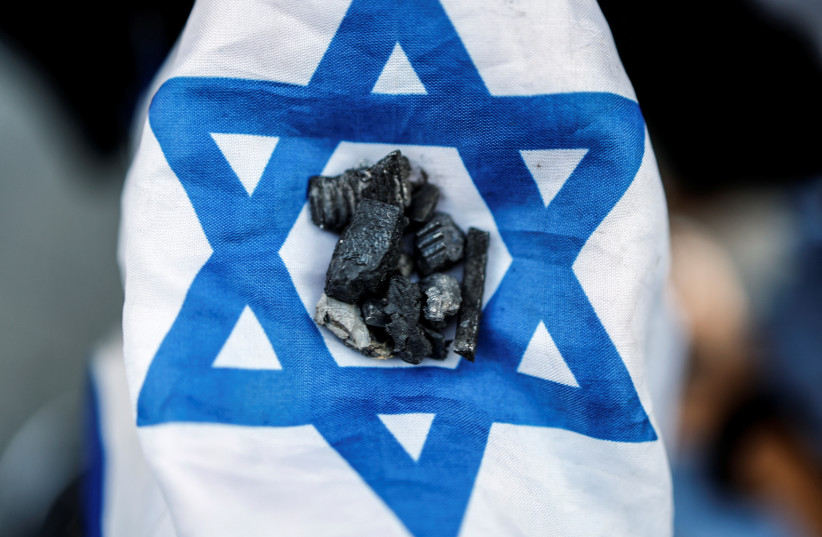The death of Islamic Jihad official Khader Adnan is an Israeli failure, but it could escalate violence against Israel on a number of fronts.
Other prisoners may go on a hunger strike. Islamic Jihad already fired three rockets into Israel Tuesday morning and later Hamas fired another 22 rockets on Thursday afternoon, with potentially more on the way.
Those associated with the group Jihad in the West Bank could also increase their efforts to perpetrate acts of terrorism against Israelis in Adnan’s name.
Yet, his death, in and of itself, will probably not lead to a full-scale war – at least not yet.
But before we decipher why the worst is unlikely, we need to understand how Israel fell into this trap.

How did Israel fall into this trap with Hamas and Palestinian Islamic Jihad?
Adnan was an activist for Jihad and at times declared himself its spokesman in the West Bank. Reports vary but his activities for the terrorist organization led to him being arrested around a dozen times. He also undertook hunger strikes a number of times. Two of his hunger strikes, in 2012 and 2015, led to his early release through compromise deals with Israeli security officials.
One thing that was different about his most recent detention was that he was slated to go on criminal trial for terrorism charges (membership in a terrorist organization but not actually carrying out any violence) – whereas in the past he had been placed in administrative detention.
Administrative detention is heavily criticized internationally because it is not a criminal indictment, but most detainees are released within six months to two years. In contrast, the impending charges could have put him in jail for longer.
This may have been the reason that Adnan this time appeared to refuse medical care and some of the compromises he had agreed to in earlier rounds.
But why did Israel charge him and how did it think this would turn out after previous rounds where Adnan at least partially used hunger strikes to win an early release? Did Israel really think this would end with some kind of a victory?
<strong>Did Israel really think this would end with some kind of victor</strong>y?
If he was a violent terrorist, then he had to be arrested to stop future terrorism. But neither past nor the current charges reflected violent actions.
So in some ways, while Israel had every legal right to arrest a senior associate in a terror group, this was a public relations exercise.
Once we enter the realm of public relations, pretty much only the result matters – and this result was an utter failure, making Israel look guilty in the eyes of the world, while also receiving rocket fire.
By the same token, this explains some of why there will be no war yet.
Israel fights conflicts when it feels its legitimacy is on the rise. It also fights wars if serious security lines are breached, like rocket attacks on Tel Aviv.
Despite injuries in Sderot, which will likely lead to a more serious Israeli reaction than Israel’s first reaction of tank fire on only one Hamas position, Jerusalem really does not want war right now.
None of this means that there may not be a war with Gaza over the horizon.
Israeli deterrence with Gaza has been repeatedly violated over the last five weeks and is expected to hit back harder later Tuesday or Wednesday.
But unless Islamic Jihad violates the status quo enough to warrant a breach of the problematic “informal understandings” between Jerusalem and Gaza – that attacking Sderot is not as serious as hitting a more central city – the next war will still likely wait.
